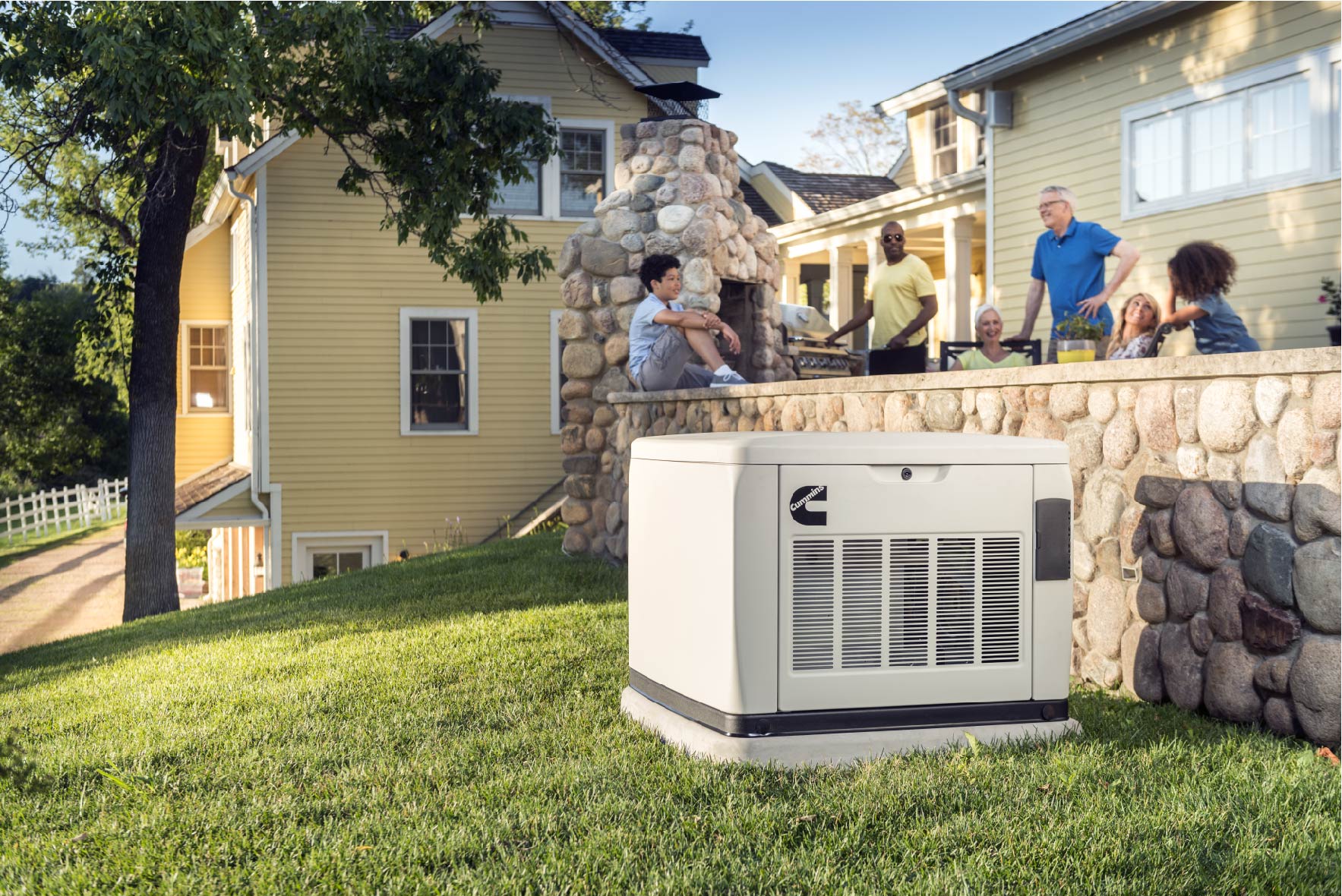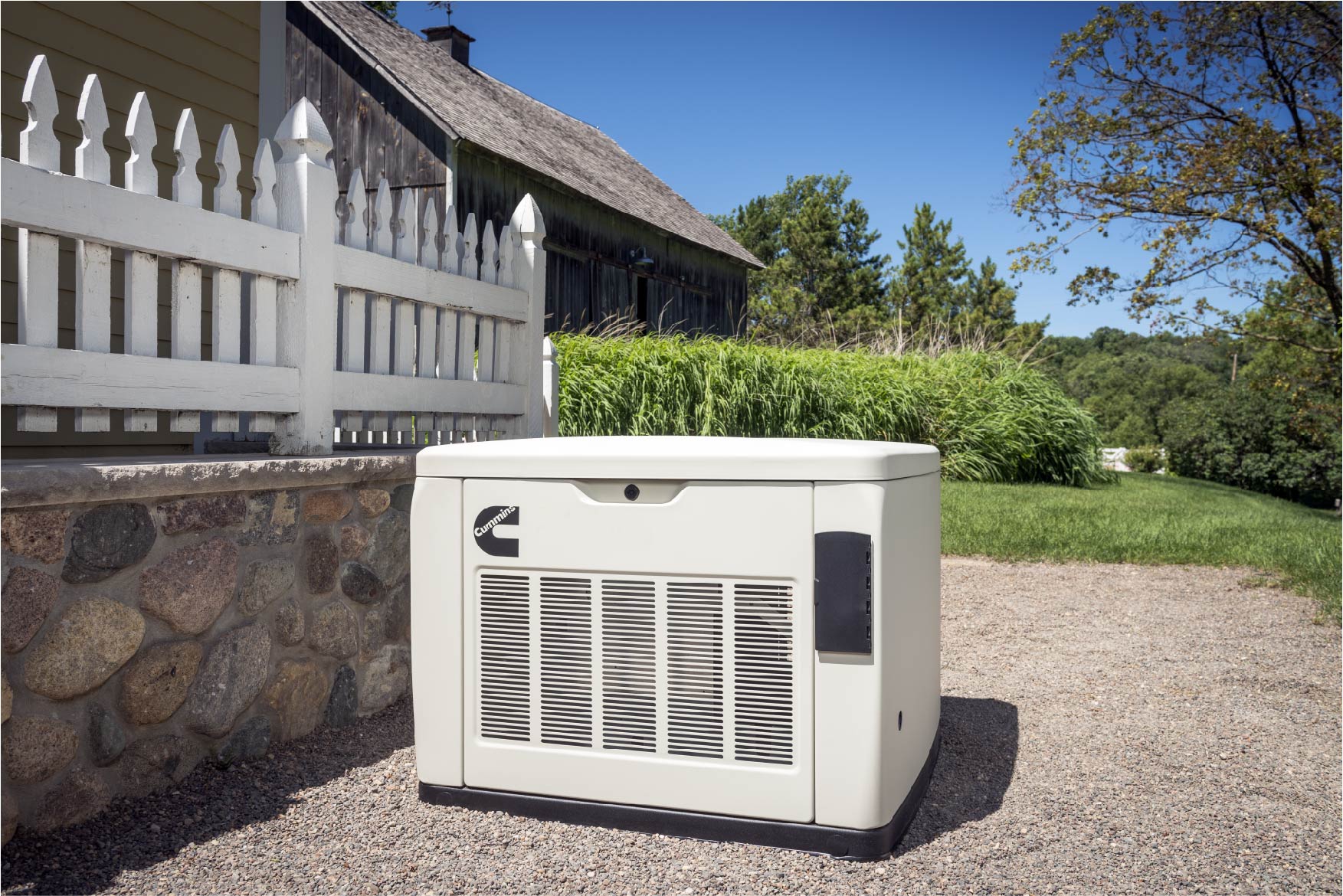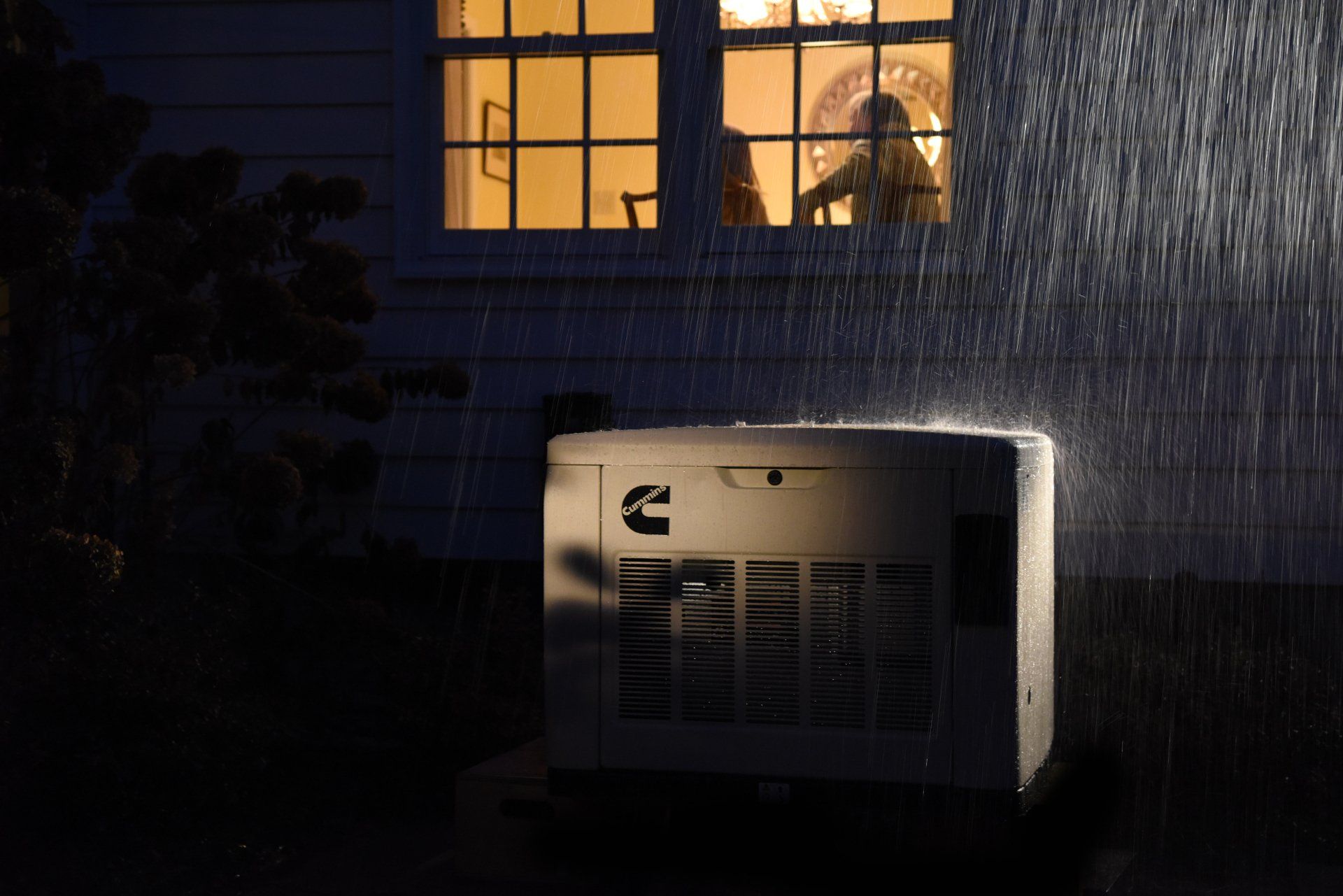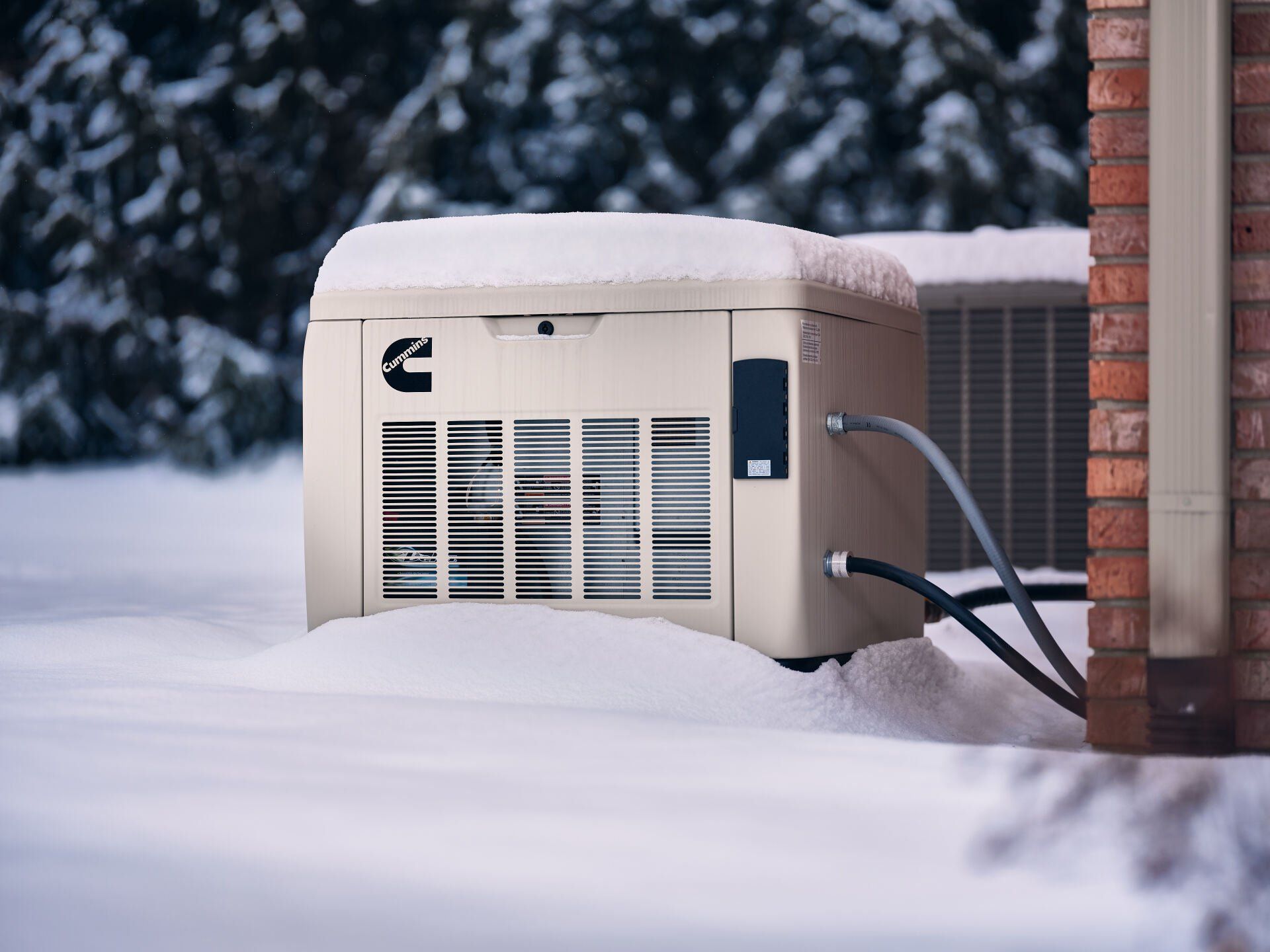Home Generator
Installations
Power-outages in the North East are caused by snow storms, warm fronts, flooding and more. Keep the lights on in your home with a backup generator from Cummins
Get a Free Quote Today:
Gen Landing Page (TOP)
We will get back to you as soon as possible
Looks like something went wrong with the submission... Please refresh the page and try again.
Keep The Lights On
Power Appliances
Remote Monitoring
24/7 Emergency Support
Get Financed and Protect Your Home for as Low as $135/month
Like many other homeowners, you probably have some concerns about power outages and preventative steps you can take to avoid them in the future. The best solution on the market is a backup generator fueled by natural gas.
With a down payment of $500 you could be eligible for financing and payments as low as $132 a month. Give us a call today or submit your information here on this web page to learn more, or considering looking at our Financing options through ally.
Pay over time for your Service.
- Pre-qualify with no credit impact
- See financing options instantly
- No hidden fees or balloon payments
Loan originated by Ally Bank, Member FDIC and Equal Housing Lender

Hurricane Home Solutions is a Certified Cummins Installer
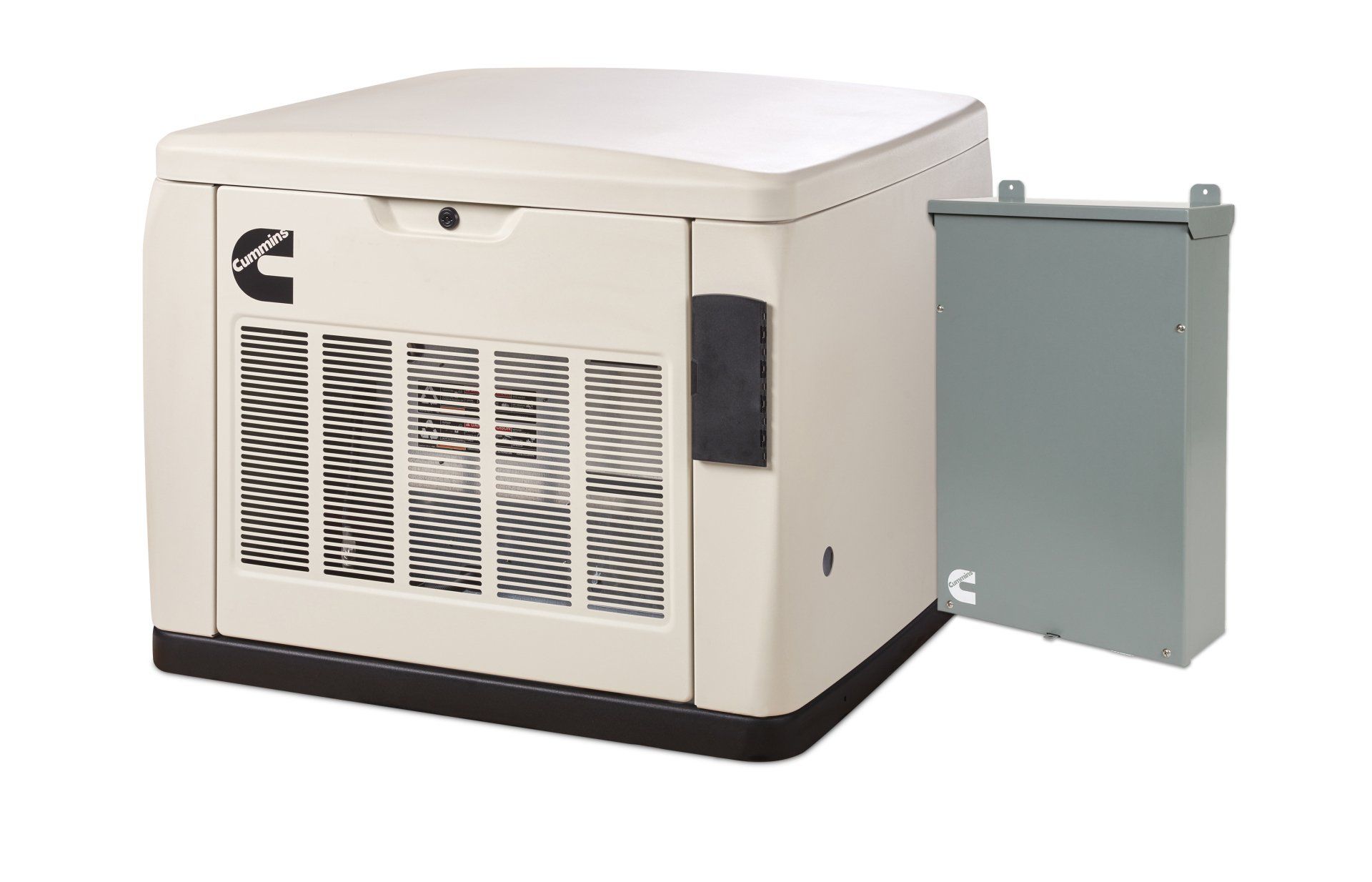
Slide title
Write your caption hereButton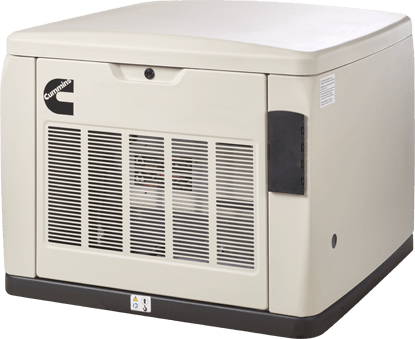
Slide title
Write your caption hereButton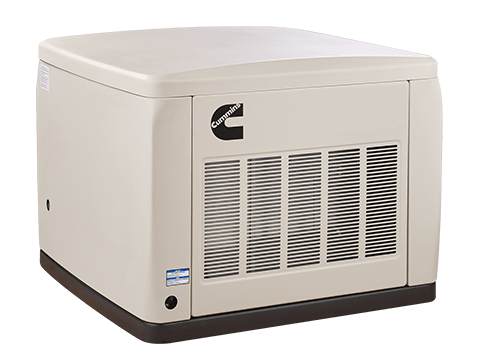
Slide title
Write your caption hereButton
Multiple Sizes and Configurations
With options for natural gas, propane, and even diesel, the Cummins Quiet Connect Series Generators are industry leaders in performance and customer satisfaction. They also come in 13kW, 17kW and 20kW models to fit the needs of various homeowners. The streamlined 3 x 3 x 3 design and neutral color set blends naturally into most landscapes.
Unparalleled Cold Weather Performance
A primary concern for residents of the North East is cold weather performance, where we often experience power-outages during intense winter storms. Cummins Generators can comfortably operate down to 0°F and can go even further with the inclusion of a Cold Weather Kit.
Let Us Help You With Your Project
Gen Landing Page (BOT)
We will get back to you as soon as possible.
Please try again later.
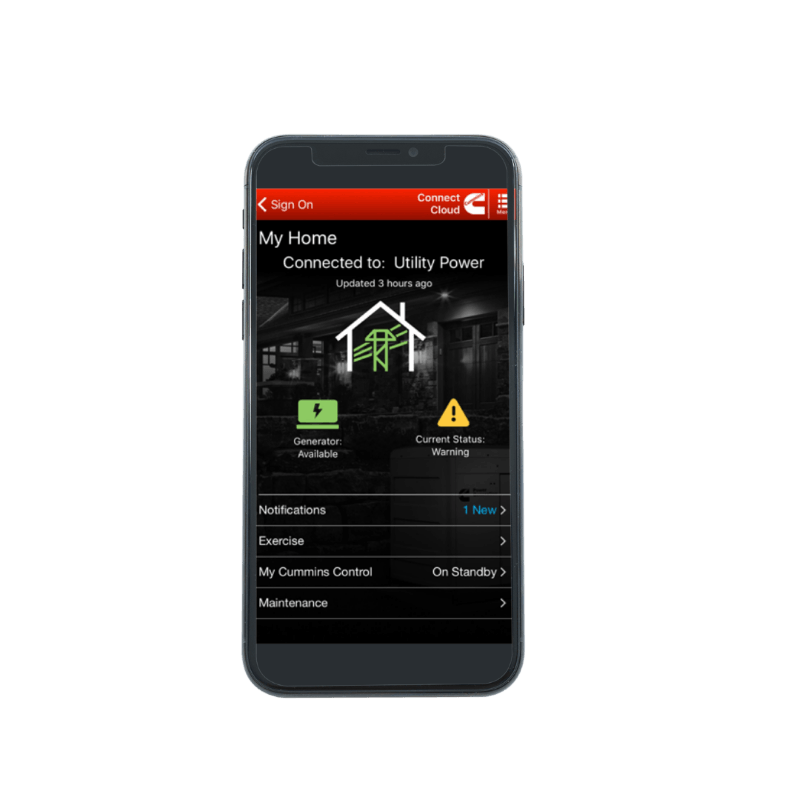
How A Standby Generator Works
Check out this video to learn more about Cummins Standby Generators. Useful information includes:
- Circumstances in which you might want a standby generator.
- Basics of home standby generator installations.
- Function of a standby generator and transfer switch.
- Operation information and circumstances.
- Fuel options and more...
F.A.Q. For Home Generators
-
What Is The Best Generator For Power Outages?
If you’re looking for a whole house generator that will keep the lights on when your area loses power, then a backup standby generator is exactly what you’re looking for. This style of generator is installed directly into your home’s electrical service, in a fixed position, and will power the home whenever a power outage occurs.
Many homeowners will choose to get portable generators as a backup power source for power outages, but these mobile units have limited power output among other limitations. The benefit of the home standby generator is that everything is automatic and hands-off.
-
What Fuel Does My Generator Run On?
Depending on the unit you get installed there are generally a few options for fuel. Most homeowners end up getting units that run on either Natural Gas or Propane. Whichever direction you choose to go with this will generally depend on what fuel source your home already has available.
There are some brands and models that also can run diesel, however these are less common, and generally much larger and more expensive than their counterparts that run on LP or NG. These units also commonly have additional cooling mechanisms which add to the size of the unit.
-
How Do I Know What Size Generator I Need?
There are plenty of guides and suggestions for sizing generators for your home online, but the best and most accurate way to assess your need is with an in-home consultation, which you can get from companies like ours at no charge. Having someone on site will also be necessary for determining details relating to your electrical service, gas, installation site, regulations and more.
Generally speaking, people will get recommendations on generator sizes based on the square footage of their homes, but that’s less important than how many major appliances you have or how many people generally live in the home. A whole home generator system will ideally power everything that people are generally using in a day to day situation, so understanding your power consumption is important.
-
Will My Emergency Generator Start Automatically?
Yes! Nearly all home generator models have corresponding automatic transfer switches. These boxes are wired into your home electrical service and will automatically detect a power outage and switch your home over from the grid to the generator.
When purchasing a unit or working with a home contractor, you’ll want to make sure you’ve gotten something that includes the automatic transfer switch. If purchasing a unit directly you’ll want to make sure the package indicates that the transfer switch is included.
-
Why Does My Generator Turn On Randomly?
Most modern generators have a self-test function designed to keep your generator in working order and perform diagnostics in an attempt to identify any problems before you experience a major power outage. It is imperative that you allow your home generator to conduct its scheduled self-tests to maintain working conditions.
Some older units do not have this functionality, but the natural gas home generators and propane home generators we recommend from Cummins both conduct self-tests twice a month. One of the many reasons we recommend them is due to their diagnostic capabilities.
-
What Is The Best Generator Brand For My Home?
Our top recommendation is always the Cummins Quiet Connect Series Standby Generators, but there are plenty of brands on the market and many of them are quite good. Although they would not be our first choices, Generac and Kohler are both very popular brands with generally good units. We would recommend that homeowners avoid the cheaper brands like Briggs and HoneyWell since they tend to have lots of problems.
One of the specific reasons we recommend Cummins is because of their lower noise levels and cold weather performance. Here in the North East, cold weather performance is particularly important since we regularly experience storms and blizzards well below freezing temperatures.
-
How Loud Is A Standby Generator?
Home Standby Generators are fixed small engines, so there will always be some noise involved in their operation. Depending on the make and model, that noise level can be a dull roar or quite a bit louder. One of the reasons we adamantly recommend the Cummins Quiet Connect Series is because of its low operating volume (as the name suggests).
Regardless of what generator you choose for your home, you may want to consider an installation site that isn’t near any windows or your bedroom. If you find the perfect spot for it, you may never even hear it turning on or conducting its self-tests.
-
Do Standby Generators Produce Toxic Fumes?
Assuming your install has been done properly you do not need to worry about carbon monoxide or any other gas inhalation. Standby generators do produce exhaust similar to what any engine would, which is another reason why it’s important to make sure your generator isn’t right next to any windows. The engines in standby generators require air intake and exhaust in the same fashion that any other generator or engine would.
-
What Areas Do You Service?
Hurricane Home Solutions services nearly all of Upstate New York outside of NYC, from Albany to Buffalo we have crews and technicians capable of installations, maintenance and more. We also service Northern Pennsylvania and the areas surround the NY PA border. If you reside within our service area and would like to schedule a free in-home power assessment, consider filling out the form on this page, or getting in touch with us via email or phone.
-
How Much Does An Installation Cost?
Installation costs can vary pretty widely depending on the price of the actual unit, the materials required for installation, any additional electrical work and required labor. Average estimates in our region are around $10,000 (all inclusive price) but can be as much as $15,000 depending on the circumstances, county and other potential factors.
The best way to get a real and accurate price is by getting a few quotes directly from contractors in your area. Companies like ours will always offer free quotes and the Better Business Bureau recommends that homeowners get three quotes on home improvement projects before pulling the trigger on anything.
-
How Long Does an Installation Take?
The answer here can vary depending on the location of the generator, but it is generally in the neighborhood of a few hours. Rarely has an installation we’ve ever completed gone for longer than a single day. Staging the generator, getting wires and piping set, and then the electrical and gas work are the main elements of the install. During an install there will normally be a 1-2 hour window where the power will be shut off and the electrical work will be completed.
Factors that could potentially extend the length of the installations include trenching, coordinating with a local gas company, panel upgrades and any additional electric work that may be required to pass an inspection. Even with longer jobs with additional tasks, installations rarely exceed a single day of work.
-
Do I have to Be Home During an Installation?
Hypothetically, a technician with full access to the home could complete the work without a homeowner present, but it is recommended that you be there. Technicians may have follow up questions about your home during the install and they will also want to give you a “run down” on the generator after your installation is complete. At the very least it is recommended that you be available at the start of the install and at the very end for a walkthrough.
-
What Warranty Does My Generator Come With?
The total benefits of your warranty will depend on the brand (which manufacturer you got the generator from) and if you opted into any additional coverage. It is often the case that Warranties are separated out into sections, i.e. Parts, Labor and Travel. We will use Cummins as an example since they are the brand that we most frequently recommend:
Cummins standard warranty is a 5 year, which can be extended if desired. This warranty is good for 5 years after the initial setup, or after 2,000 hours of run time. This 5 year warranty is split into 3 sections: Parts, Labor and Travel. Parts are covered for all 5 years, while Labor and Travel are only covered for the first two.
-
Can I Monitor My Generator Remotely From Out Of Town?
Most modern manufacturers have elected to design and integrate Smartphone apps that allow for 24/7 remote monitoring. The only restriction here is your access to the internet. You will be able to actively check the status of your generator from anywhere in the world as long as you have wifi or cellular data service.
Although most manufacturers do now have this remote monitoring capability, there are some that do not. If this feature is especially important to you, you’ll want to make sure there is a remote monitoring option for whichever brand/model you decide to purchase. For the Cummins models we recommend, this smart app is a free service, but some manufacturers will charge a subscription fee for access to the smartphone app.
-
What Kind Of Maintenance Does My Generator Need?
Every manufacturer has their own specific and general instructions and guidance for maintenance and upkeep. A good example that applies to nearly every model is regular oil changes. Your generator is a small engine, and just like any other engine, it needs fuel, requires oil changes and should be inspected on occasion for any issues.
Other maintenance factors and points of consideration include battery checks, spark plug spacings and other general maintenance you might otherwise associate with an engine. Always check with your owners manual, installer and specific manufacturer guidelines when conducting maintenance on your home generator.
Our Locations:
2025 Brighton Henrietta Town Line Rd,
Rochester, NY 14623
12A Petra Ln. Suite 4
Colonie, NY 12205
1051 S Main St. Suite 6
Elmira, NY 14904
3959 N Buffalo St. Suite 37
Orchard Park, NY 14127
493B Blue Eagle Ave.
Harrisburg, PA 17112
1392 Frey Rd
Pittsburgh, PA 15235
(412) 229-8089
1247 US-15
South Williamsport, PA 17702
Emergency Services 24/7
Standard Business Hours;
Monday-Friday: 8:00AM - 4:00PM
Contact Information:
Syracuse Area - Oswego, Auburn, Ithaca, Cortland, Utica, Rome...
Buffalo Area - Lockport, Warsaw, Niagara Falls, Batavia, Albion...
Rochester Area - Geneseo, Canandaigua, Penn Yan, Waterloo...
Watertown Area - Lowville, Canton, Star Lake, Potsdam...
Binghamton Area - Elmira, Norwich, Watkins Glen, Bath, Belmont...
Albany Area - Troy, Schenectady, Schoharie, Ballston Spa, Hudson...
Williamsport Area - Wellsboro, Lock Haven, Bellefonte, Towanda...
Wilkes-Barre Area - Bloomsburg, Pottsville, Jim Thorpe, Scranton, Milford...
Harrisburg Area - Lebanon, Reading, Lancaster, York, Carlisle...
Pittsburgh Area - Washington, Greensburg, Beaver, Butler, Kittanning...



